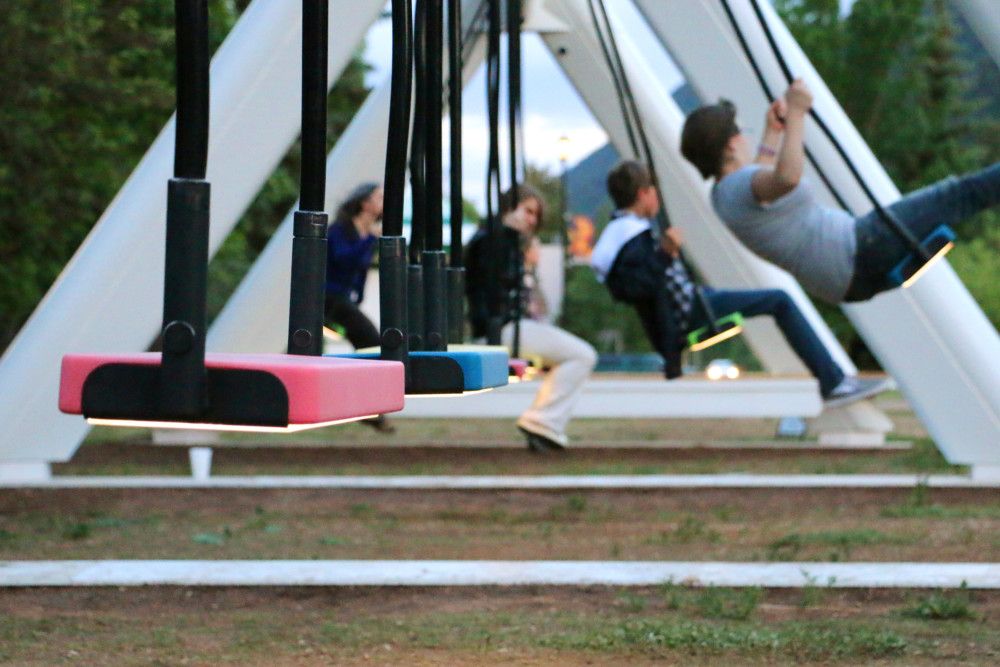By Frederick Melo
Pioneer Press, St. Paul, Minn.
WWR Article Summary (tl;dr) The three-year, $15 million Knight Cities Challenge has funded 69 projects since launching in the fall of 2014. This is the final year of the challenge, though a spokesman said discussions are underway about continuing the effort.
Pioneer Press, St. Paul, Minn.
Imagine a fleet of bicycle-powered hot tubs that come together to draw in visitors for lessons in health, art and ecology.
“We don’t really have that modern bathhouse tradition that Nordic countries do, or Japan, Korea, Russia and Turkey,” said Allison Osberg, a public artist who hopes to make her mobile bathhouse a popular meeting ground for Minnesotans of all backgrounds.
If the idea sounds a bit outside the box, that’s the point. For the past three years, the John S. and James L. Knight Foundation has sought grant applications from innovative thinkers looking to fund interesting ideas that make their communities a better place to live.
The Knight Cities Challenge on Tuesday announced 144 finalists, including five in St. Paul and three in Duluth. Winners, who will share in $5 million, will be announced in the spring across the 26 communities where the Knight Foundation maintains an active presence.
The three-year, $15 million Knight Cities Challenge has funded 69 projects since launching in the fall of 2014. This is the final year of the challenge, though a spokesman said discussions are underway about continuing the effort.
Finalist Tayler Nelson of the St. Paul-based African Economic Development Solutions hopes to boost the “Little Africa” cultural and business district along Snelling Avenue with new awnings, sculptures, outdoor seating, signage and maybe even an outdoor theater space.
Her grant application calls for working with immigrant business owners on temporary prototypes during the “Little Africa Fest” in August 2018, with the ultimate goal of creating a more cohesive district.
“Basically what we want to do is create a platform for engaging African-owned immigrant businesses more in designing street-side visibility for their businesses,” Nelson said.
In St. Paul, the finalists are:
* Black Market MN. Submitted by Tana Hargest, the project would create a digital directory of black artists and organizations with the goal of informing civic and public organizations interested in diversifying their boards, staff, vendors and programming.
* Lily Pad Gardens. Submitted by Patricia Ohmans, the project would transform a Dale Street lot in Frogtown into “a space offering both beauty and economic opportunity” by providing public seating and room for food trucks, as well as greenhouse space for Hmong women to grow vegetables and flowers for extra income.
* Little Africa InsideOUT. Submitted by Nelson and African Economic Development Solutions, the project would boost street visibility for African businesses through façade improvements and street-front updates.
* Pop-up Hot Pot. Submitted by Allison Osberg, the project would fund a bicycle-powered hot-tub fleet that would draw visitors to educational programming in wellness, art and ecology.
* Sharing Pop-up Meeting With the People. Submitted by Catherine Penkert and the city of St. Paul, the project would create “a suite of fun civic-engagement tools that give St. Paul residents the power to design their own community meetings.”














































































































































































































































































































































































